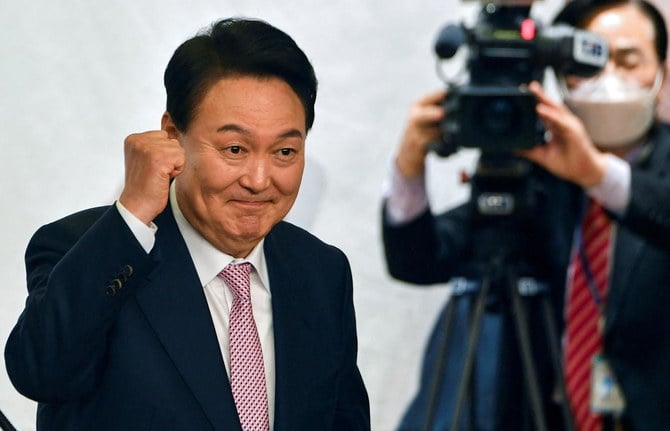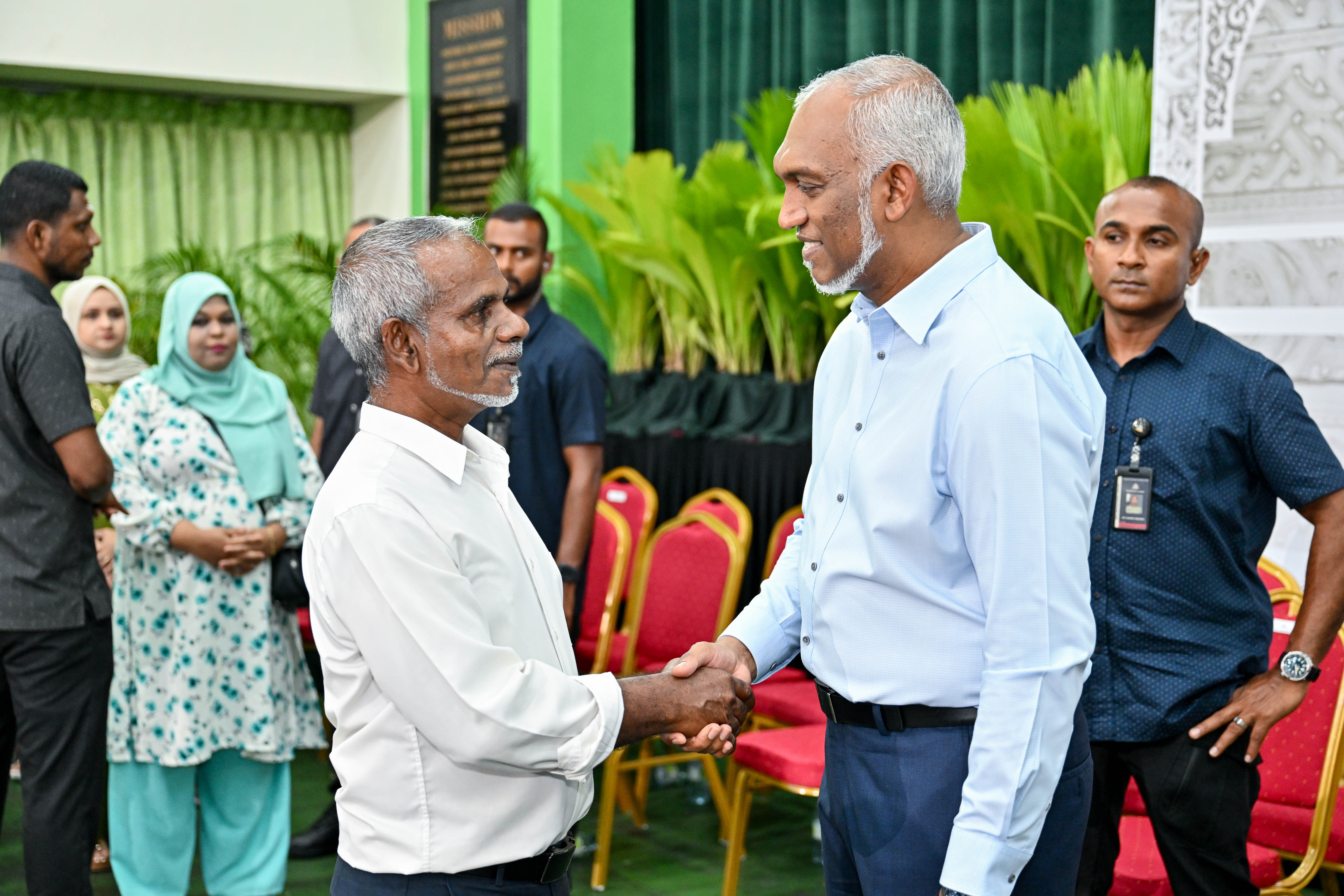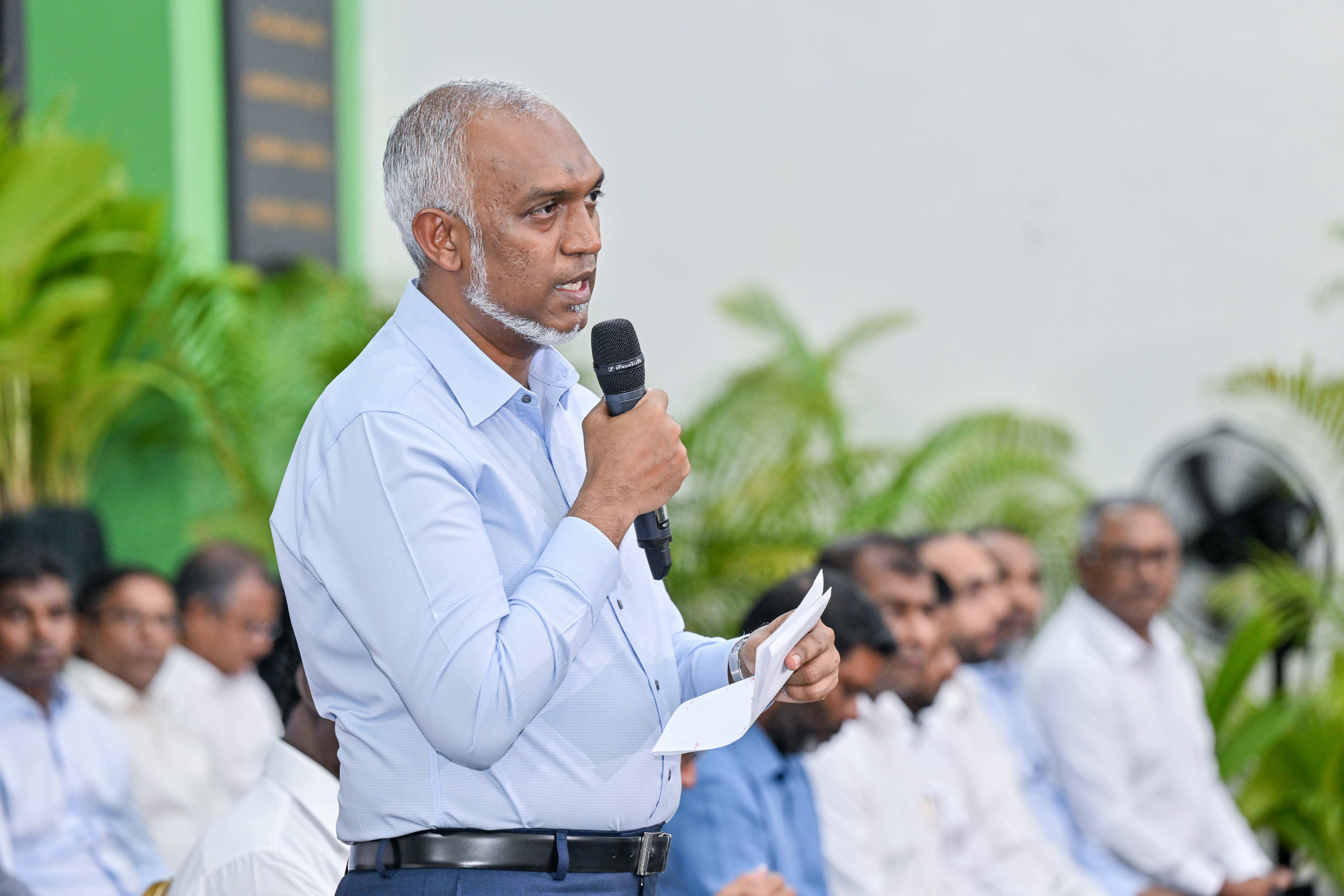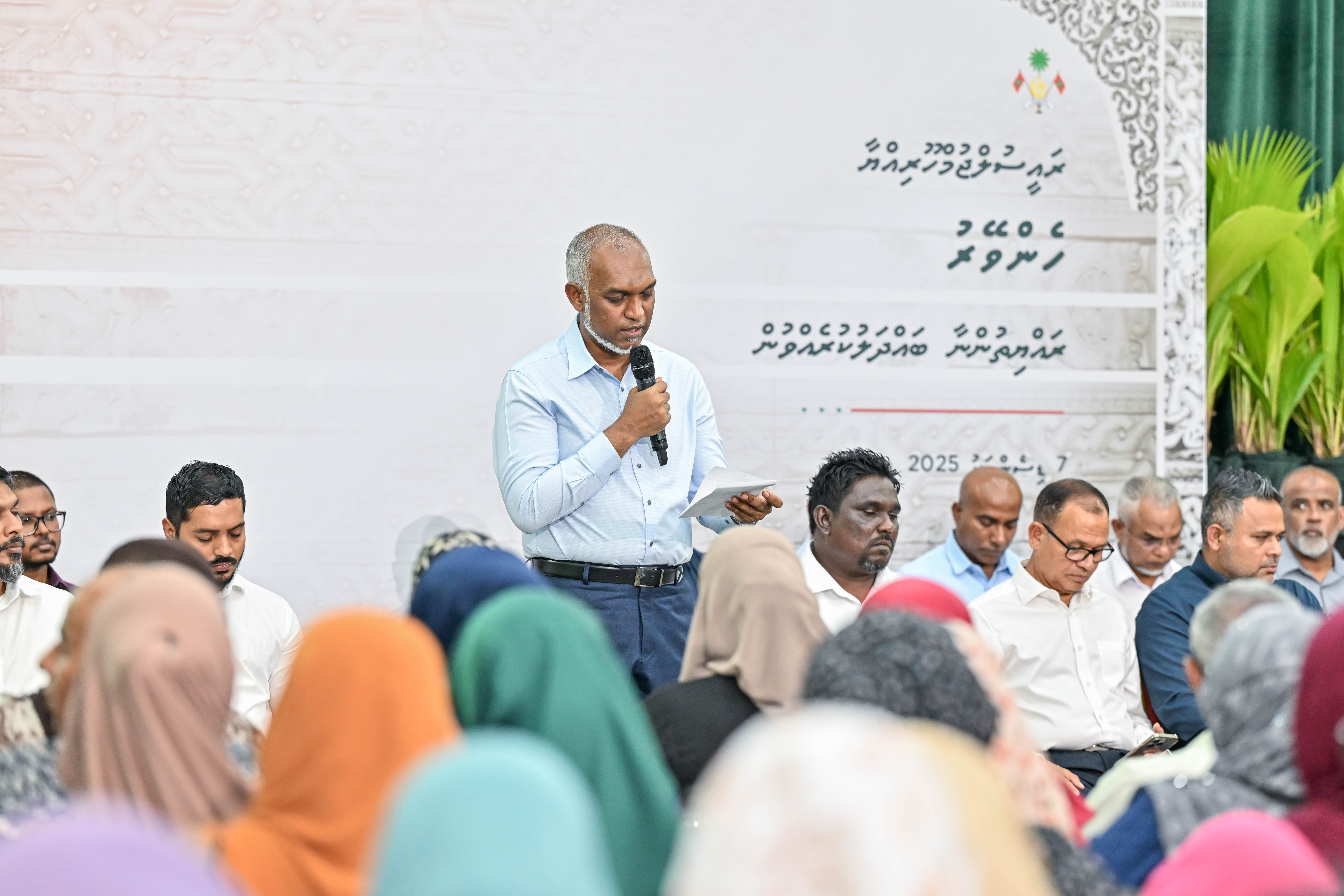South Korean president-elect Yoon Suk-yeol's decision to use the country's gender wars as a campaign platform for his successful election earlier this month may have backfired.
Yoon, who won an unprecedented tight March 9 election, had promised to abolish the government’s gender ministry, a pledge that helped engage young male voters spearheading a backlash against feminism in South Korea.
Fulfilling the pledge, however, requires approval from parliament, which is controlled by the Democrats, who currently oppose the idea. Opinion within his own People Power Party (PPP), meanwhile, is split amid concerns about further alienating women ahead of key local elections in June.
The origins of the ministry date back to 1988 when an office was set up under the prime minister to promote women’s status in a male-dominated Confucian society before it was scaled up in 2010 to incorporate broader gender and family affairs.
The ministry has become a lightning rod for an increasingly acrimonious gender debate in the country of 52 million where several inequalities remain — the women’s labor market participation rate is below the OECD average and it has the worst gender pay gap in the same group.
However, in a post-pandemic cutthroat job market, some young men feel that attempts to redress the balance have gone too far. Mandatory military service for young men — and not women — has come under the spotlight, while measures such as financial subsidies for women living alone have been dubbed “reverse discrimination.”
Yoon, who also vowed to raise wages for military conscripts and scrap gender quotas for public sector jobs after he takes office in May, was backed by around 60 percent of male voters in their 20s.
On the flip side, just 34 percent of women in their 20s voted for Yoon, defying pre-election polls projecting much higher support among that demographic.
Yoon, who won an unprecedented tight March 9 election, had promised to abolish the government’s gender ministry, a pledge that helped engage young male voters spearheading a backlash against feminism in South Korea.
Fulfilling the pledge, however, requires approval from parliament, which is controlled by the Democrats, who currently oppose the idea. Opinion within his own People Power Party (PPP), meanwhile, is split amid concerns about further alienating women ahead of key local elections in June.
The origins of the ministry date back to 1988 when an office was set up under the prime minister to promote women’s status in a male-dominated Confucian society before it was scaled up in 2010 to incorporate broader gender and family affairs.
The ministry has become a lightning rod for an increasingly acrimonious gender debate in the country of 52 million where several inequalities remain — the women’s labor market participation rate is below the OECD average and it has the worst gender pay gap in the same group.
However, in a post-pandemic cutthroat job market, some young men feel that attempts to redress the balance have gone too far. Mandatory military service for young men — and not women — has come under the spotlight, while measures such as financial subsidies for women living alone have been dubbed “reverse discrimination.”
Yoon, who also vowed to raise wages for military conscripts and scrap gender quotas for public sector jobs after he takes office in May, was backed by around 60 percent of male voters in their 20s.
On the flip side, just 34 percent of women in their 20s voted for Yoon, defying pre-election polls projecting much higher support among that demographic.


















